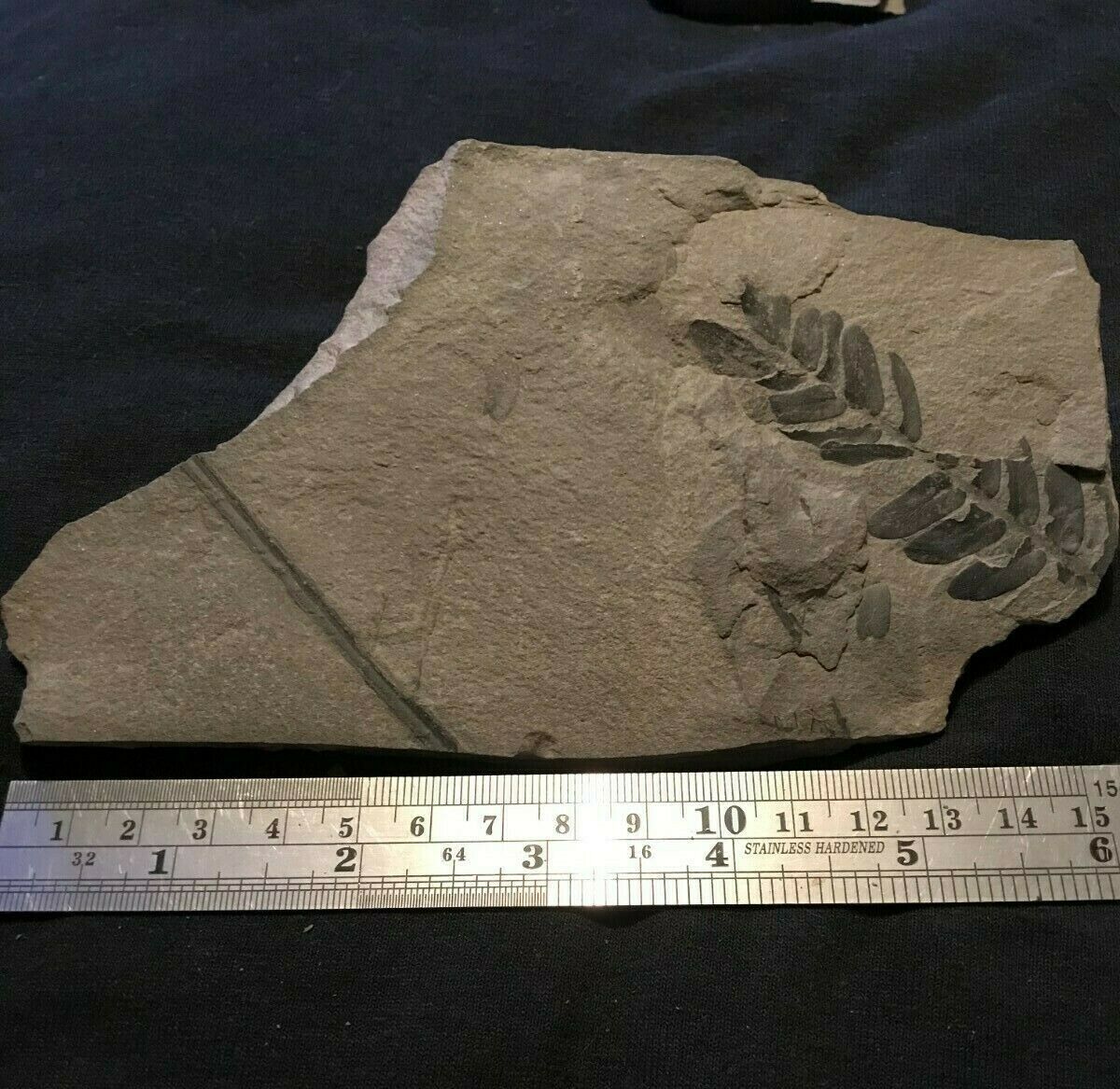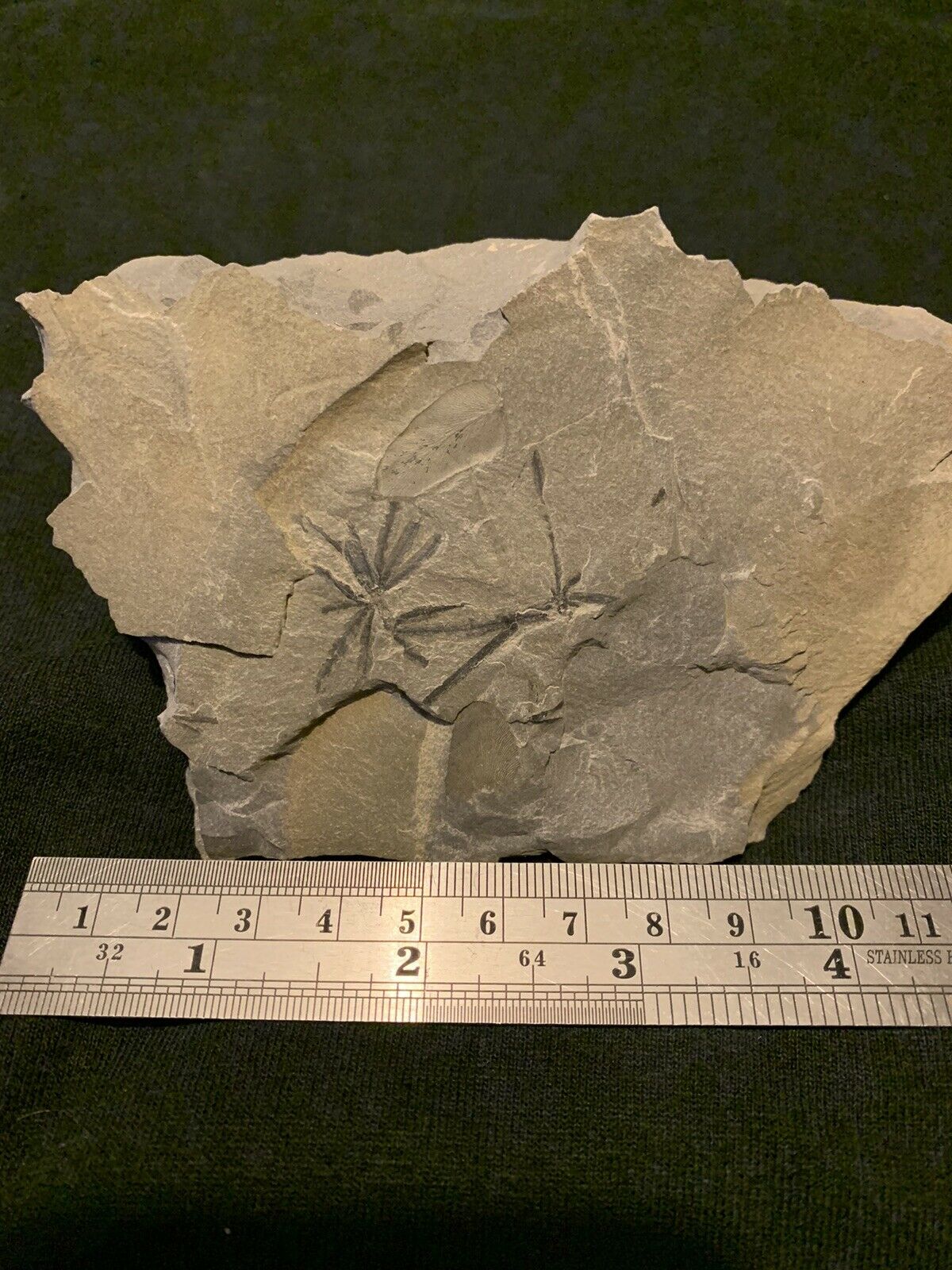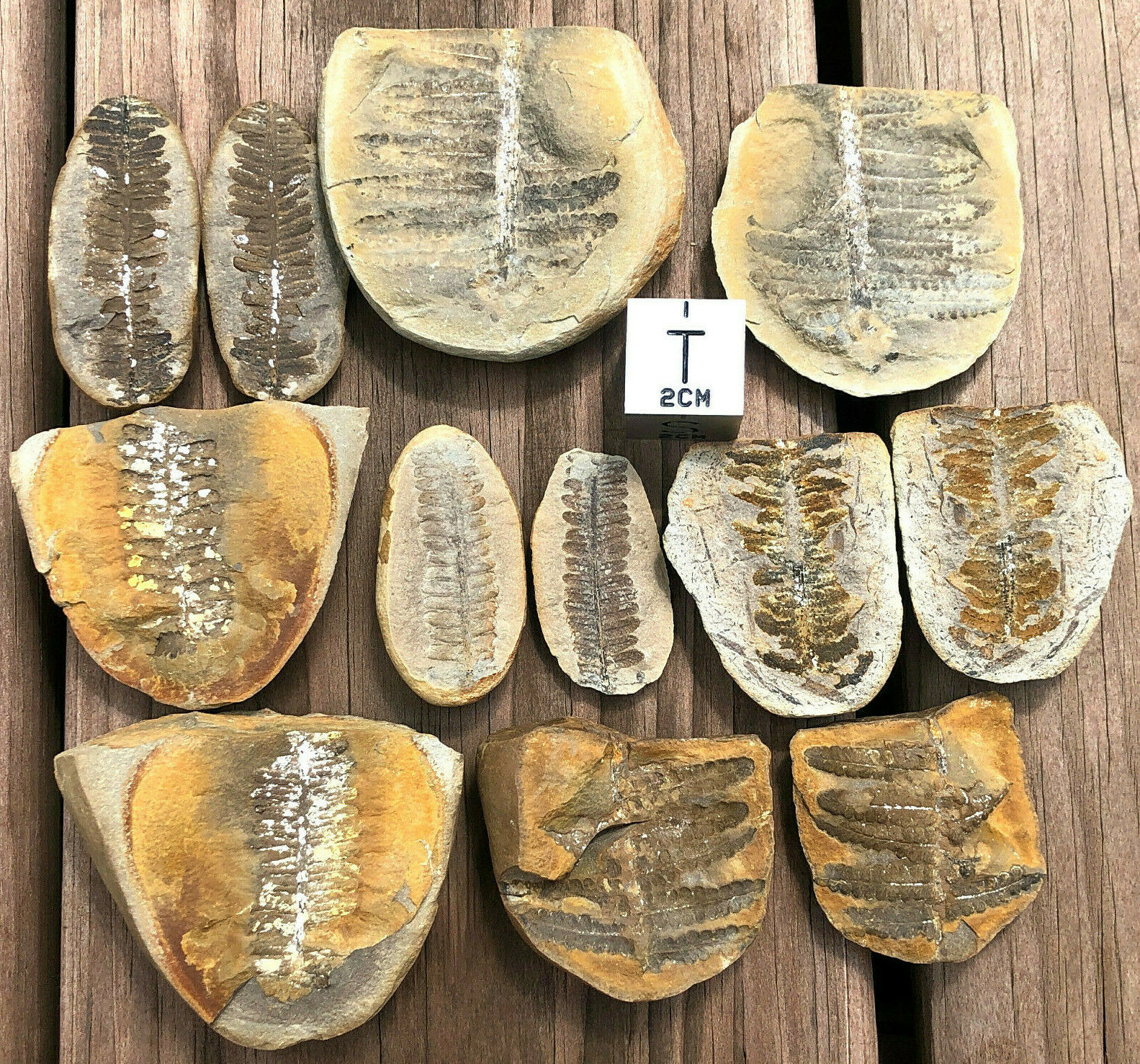-40%
Rare fossil extinct horsetail Mazon Creek like nodule preserved cell structure !
$ 19
- Description
- Size Guide
Description
My specimens are genuine and will be delivered with a "Certificate of authenticity, age and origin" and scientific papers allowing plant identification !!!I combine shipping costs.
Each item is different, so please wait with payment after purchase -
I will send You a combine invoice.
Usually, it will be cost of shipping the heaviest item.
Specimen
: Rare specimen , extinct
horsetail
Calamites (
Diplocalamites ) carinatus
STERNBERG
preserved in paired Mazon Creek like siderite nodule from Europe ! Rarely seen cell structure preserved !
Locality:
All detailed and accurate data will be provided with the specimen
Stratigraphy:
Upper Carboniferous - Middle Pennsylvanian / Westphalian A
Age:
ca. 314 Mya
Matrix dimensions:
ca. 3,0 x 10,5 x 5,0 cm ( white square on pictures is 1,0 x 1,0 cm )
Description:
Rare, interesting specimen extinct
horsetail
Calamites (
Diplocalamites ) carinatus
STERNBERG
preserved in paired Mazon Creek like siderite nodule from Europe !
Rarely seen cell structure preserved - look at pictures !
The trunks of
Calamites
had a distinctive segmented, bamboo-like appearance and vertical ribbing. The branches, leaves and cones were all borne in whorls. The leaves were needle-shaped, with up to 25 per whorl.
Their trunks produced secondary xylem, meaning they we
re made of wood. The vascular cambium of
Calamites
was
unifacial
, producing secondary xylem towards the stem center, but not secondary phloem.
The stems of modern horsetails are typically hollow or contain numerous elongated air-filled sacs.
Calamites
was similar in that its trunk and stems were hollow, like wooden tubes. When these trunks buckled and broke, they could fill with sediment. This is the reason pith casts of the inside of
Calamites
stems are so common as fossils.
Calamites
is a genus of extinct arborescent (tree-like) horsetails to which the modern horsetails (genus
Equisetum
) are closely related.
Unlike their herbaceous modern cousins, these plants were medium-sized trees, growing to heights of more than 30 meters (100 feet). They were components of the understories of coal swamps of the Carboniferous period.
Annularia
are the leaf whorls of an extinct horsetail. They would have grown on plants with stems like
Calamites
. A genus of fossil plants; star-leaf: so called from the stellated disposition of the leaves around the branches. They abound in the coal measures, and are believed to be the branches of the
Calamites
or
Calamodendron.
Systematic:
Phylum: Tracheophyta
Division: Gymnospermatophyta
Class: Equisetinae
Order: Calamitales
Genus: Stylocalamite
Species:
Calamites (
Diplocalamites ) carinatus
STERNBERG



















